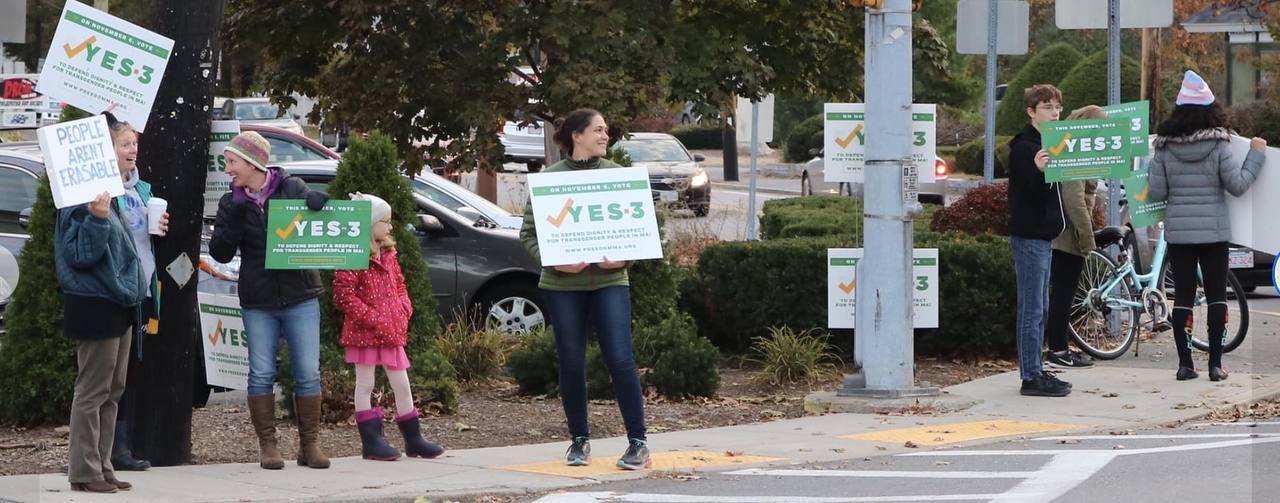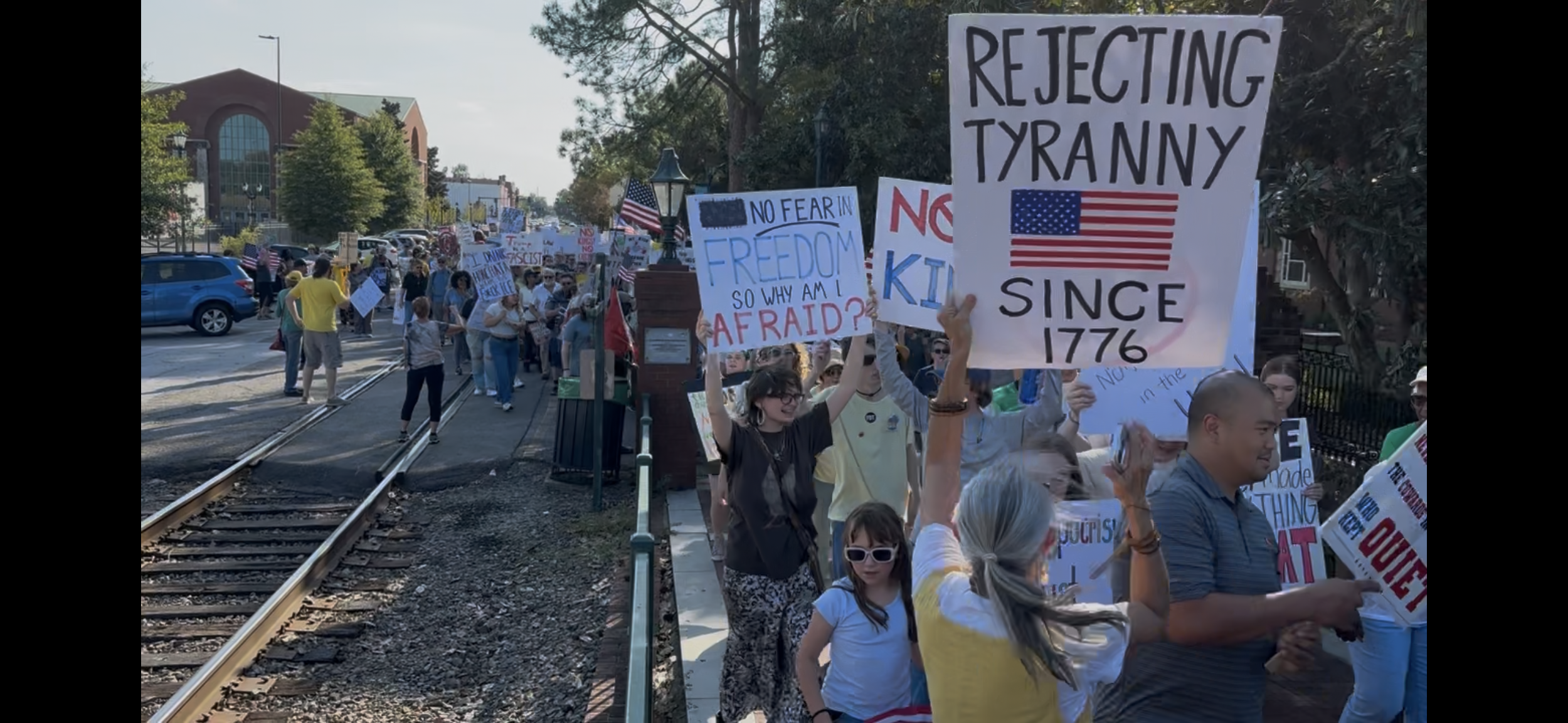Projects
Election Year --> Register --> Vote!
〰️
Election Year --> Register --> Vote! 〰️
From time to time the Joseph Ibarra Traina Foundation will be involved in projects that Joseph participated in, started, or dreamed about. Donors, sponsors, and volunteers are essential to move these projects forward. We are both the planners and the makers.
Community Garden
Literacy
A graphic novel is in the works, and Joey is our hero. Civic education and such.
Civic Education
Learning to lobby at the local government level, voting, referendum, recalls, and debates.
Ordinary humans doing extraordinary acts of unselfish service to others, regardless of their own needs. The impact of Hurricane Helene Augusta in 2024 changed the landscape but not the spirit of the people.

“Education takes care of itself when poverty and expectations are taken care of.”




